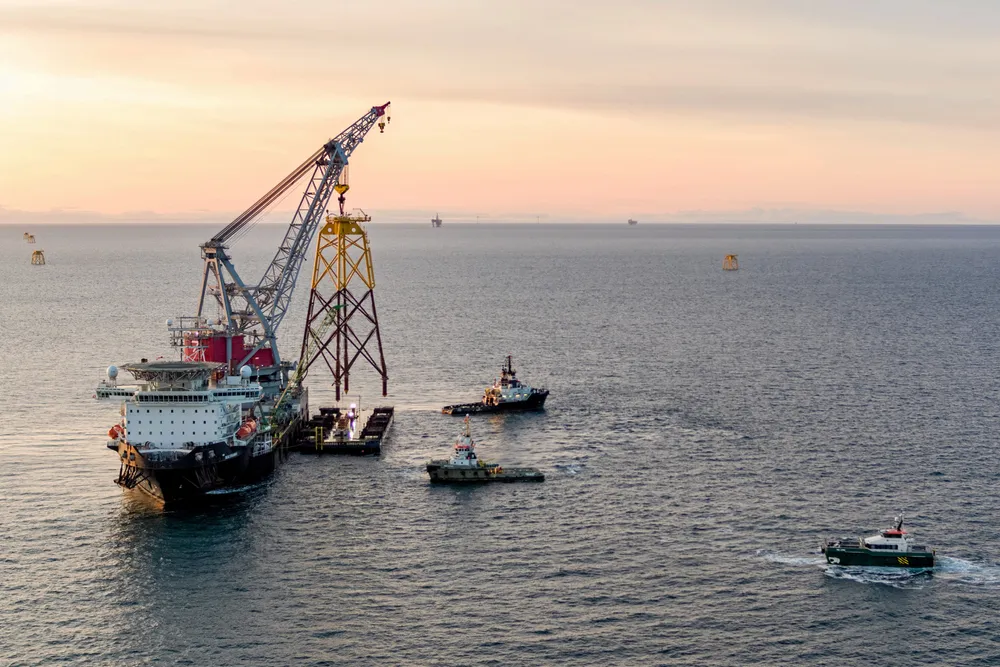Petrobras to steer clear of renewables due to oil company's 'lack of competence'
Petrobras boss thinks oil companies should beware of jumping on the renewables bandwagon

Petrobras boss thinks oil companies should beware of jumping on the renewables bandwagon
